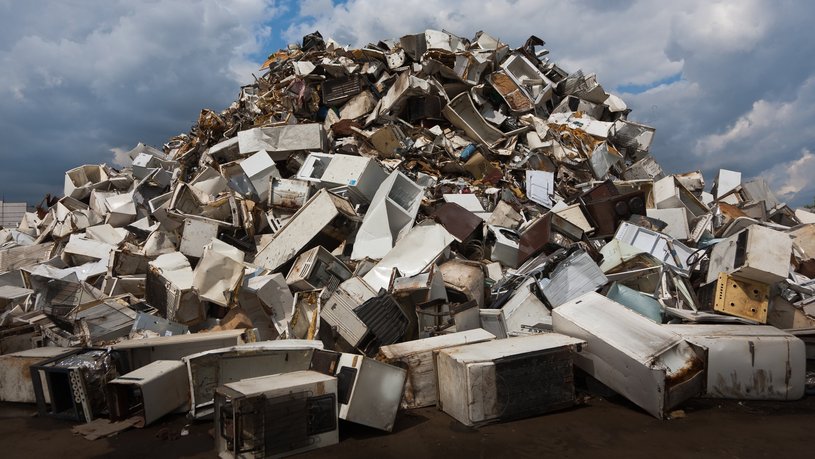The regional workshop is aimed at countries in Africa to identify opportunities, practical steps and challenges of transboundary movement of ODS Waste in the region.
Background
Cooling devices, such as refrigerators or air-conditioning units generally involve the use of fluorinated refrigerants such as CFCs and HCFCs, which are ozone-depleting and have a very high global warming potential. Reducing banks of ODS is a complex issue, particularly for developing countries, where the collection, recycling and destruction of waste containing ODS and HFCs present challenges as they generally lack the appropriate political and regulatory framework and infrastructure.
Many countries have decided to implement a system for managing banks of ODS, however some do not have the technology or means to destroy the collected substances domestically. In these cases, exporting ODS waste to another country for destruction is a common and viable option. As hazardous substances, ODS wastes fall under the Basel Convention on the control of transboundary movements (TBMs) of hazardous wastes and their disposal.
The project “Management and destruction of existing ozone depleting substances in ODS banks”, a project implemented by the Deutsche Gesellschaft für Internationale Zusammenarbeit (GIZ) GmbH and funded by the International Climate Initiative (IKI) on behalf of the German Federal Ministry for the Environment, Nature Conservation and Nuclear Safety (BMU), is addressing ODS banks management at global level and in five partner countries. Within this project, a Guideline for the transboundary movement of ODS waste (opens in a new window) has been developed to provide practical information on how to conduct this TBM.
Objectives of the workshop
The workshop "Opportunities and challenges of transboundary movement of ODS Waste" is aimed at presenting the opportunities, practical steps and challenges when conducting transboundary movement (TBM) of ODS waste. Discussion will be encouraged to identify possible cooperation between countries in Africa.
The workshop is directed to representatives of the public and private sector to be involved in the TBM of ODS waste, i.e. National Ozone Units (NOUs), Departments in charge of issues related to the Basel Convention, E-Waste Departments, Climate Change Departments, Customs Officials, Operators of destruction facilities, etc.
Agenda
| Time (GMT) | Topic |
|---|---|
2:00-2:05 pm | Welcome |
2:05-2:15 pm | Introduction to ODS banks and TBM of ODS Waste |
2:15-2:25 pm | Presentation of Guideline for the TBM of ODS waste |
2:25-2:55 pm | Experiences of TBM from the port of Antwerp |
| 2:55-3:05 pm | Q&A |
| 3:05-3:15 pm | Example TBM ODS waste Ghana |
| 3:15-3:55 pm | Discussion on Challenges and Opportunities of TBM of ODS waste |
3:55-4:00 pm | Final remarks |
Facilitator: GIZ Proklima

